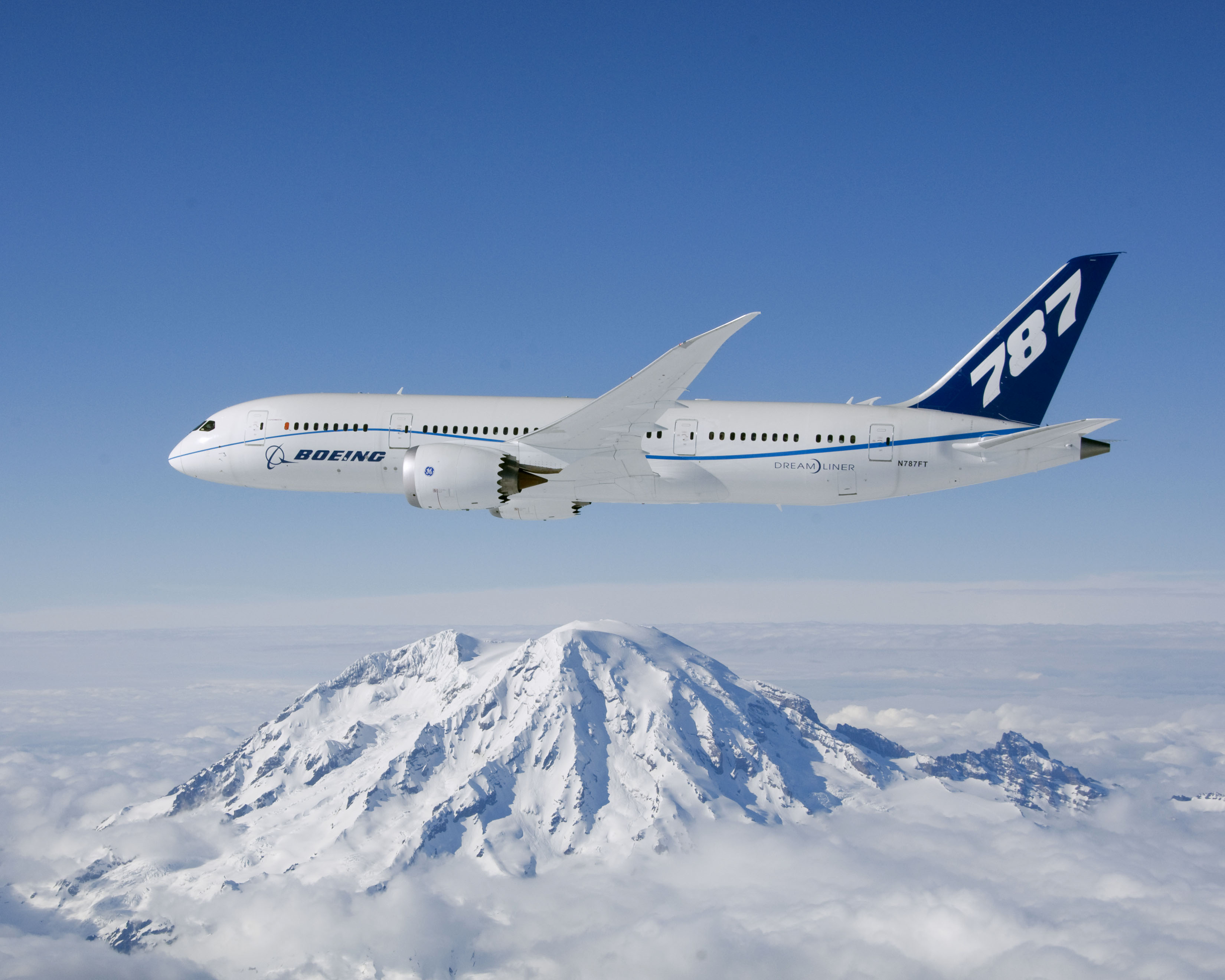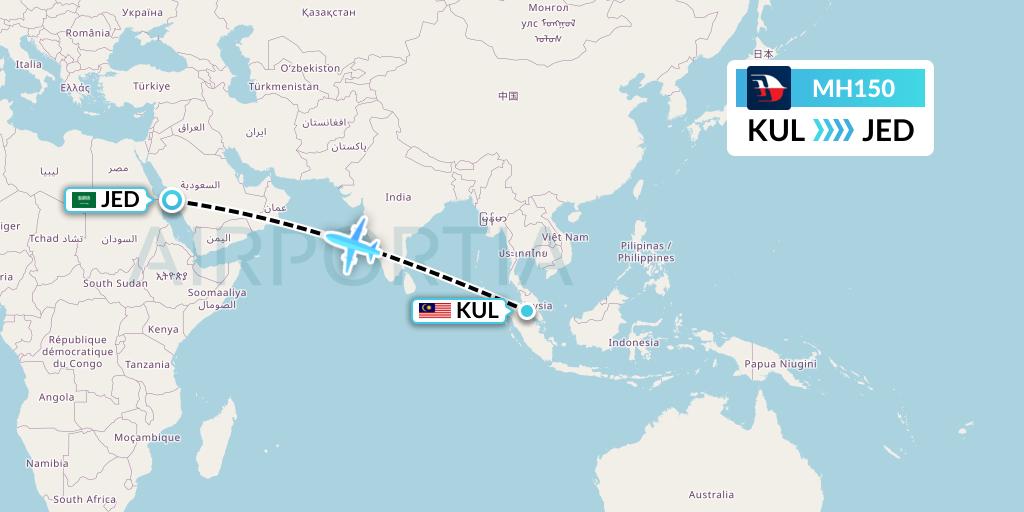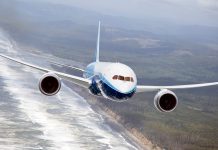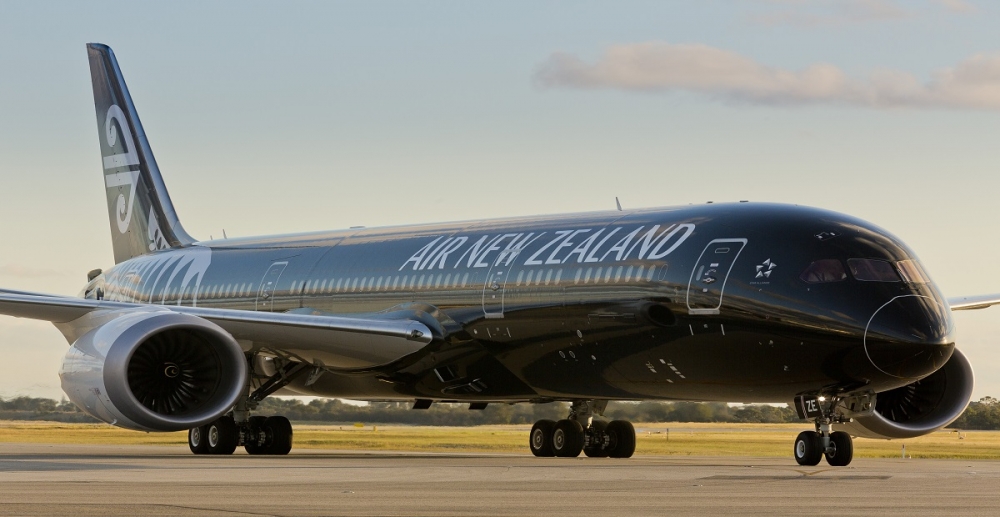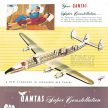Increased international competition slashed Air New Zealand’s first-half profits but the Kiwi carrier expects the revenue environment to improve in the second half.
Net profit for the six months ending December 31 fell more than 24 per cent to $NZ256m, while pre-tax profit was down 23.6 per cent to $NZ349m. The results included a one-off windfall of $NZ22m from the Kiwi carrier’s sale of its stake in Virgin Australia.
However, the interim result was still the second biggest on record and chairman Tony Carter labelled it an impressive achievement in the face of “unprecedented competitive capacity into the New Zealand market’’.
Air NZ now expects to post pre-tax earnings for the full financial year of between $NZ475m and $NZ525m, compared to $NZ663m in 2015-16.
The airline sees fuel prices averaging $US65 a barrel as a headwind in its second half but Carter said he expected the revenue environment to improve.
Chief executive Christopher Luxon said the interim result was driven by a swift response by airline staff to the increased competition that focused on strong cost discipline and leveraging operational efficiencies,
Luxon said lower fuel prices were also a benefit but were partially offset by adverse changes in foreign exchange.
“We modified our capacity plans, accelerated the exit of older aircraft and made sure we were managing our costs well,’’ he said in a statement. “All these actions and our investments of recent years really made the difference as we adjusted to a different competitive environment in New Zealand.’’
The airline carried 8.1 million passengers over the six months and increased capacity by 7.1 per cent.
The AirNZ chief said the airline’s strategy of diversifying its network across the Pacific Rim and throughout New Zealand was paying dividends with strong performances from new routes to Houston and Buenos Aires in their first year of operation.
The airline has also been targeting the Australian market with campaigns to convince travellers to use its Auckland hub for trips to the Americas and Luxon said it had also benefited from alliance partnerships that had helped it build market positions that were more resilient and profitable.
He said the domestic network was benefiting from increased tourism to New Zealand, the continued strength of the economy and the roll-out of a new schedule on jet and regional routes.
The airline expects to spend $NZ1.6 billion on new aircraft through to 2021 and received three additional Boeing 787-9s during the first half to bring its fleet to nine.
It also stopped flying Beech 1900D aircraft and plans to do the same with Boeing 767s in March, supporting future capacity growth with at least one additional leased 787-9 due to join the fleet in fiscal 2019.


